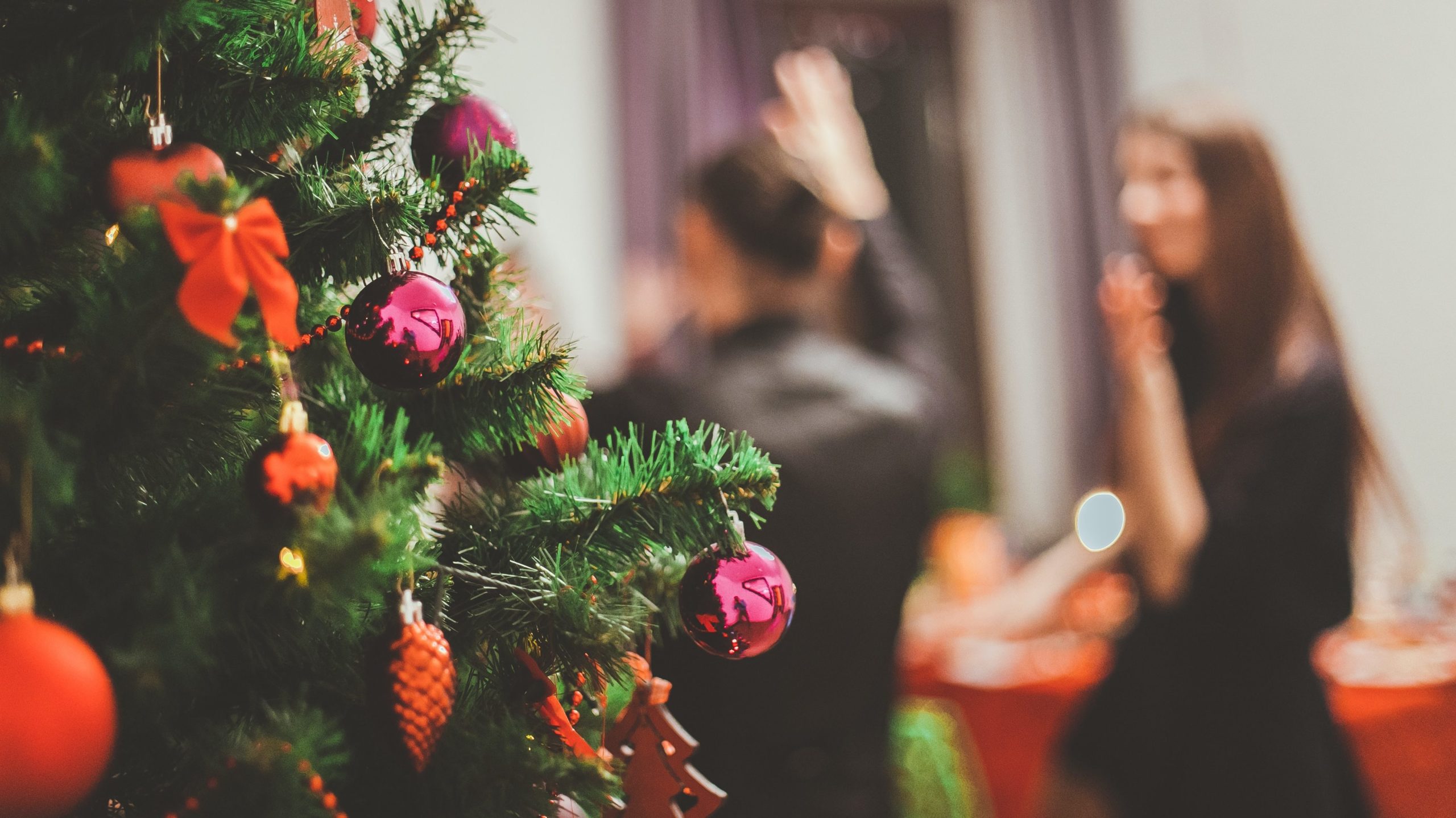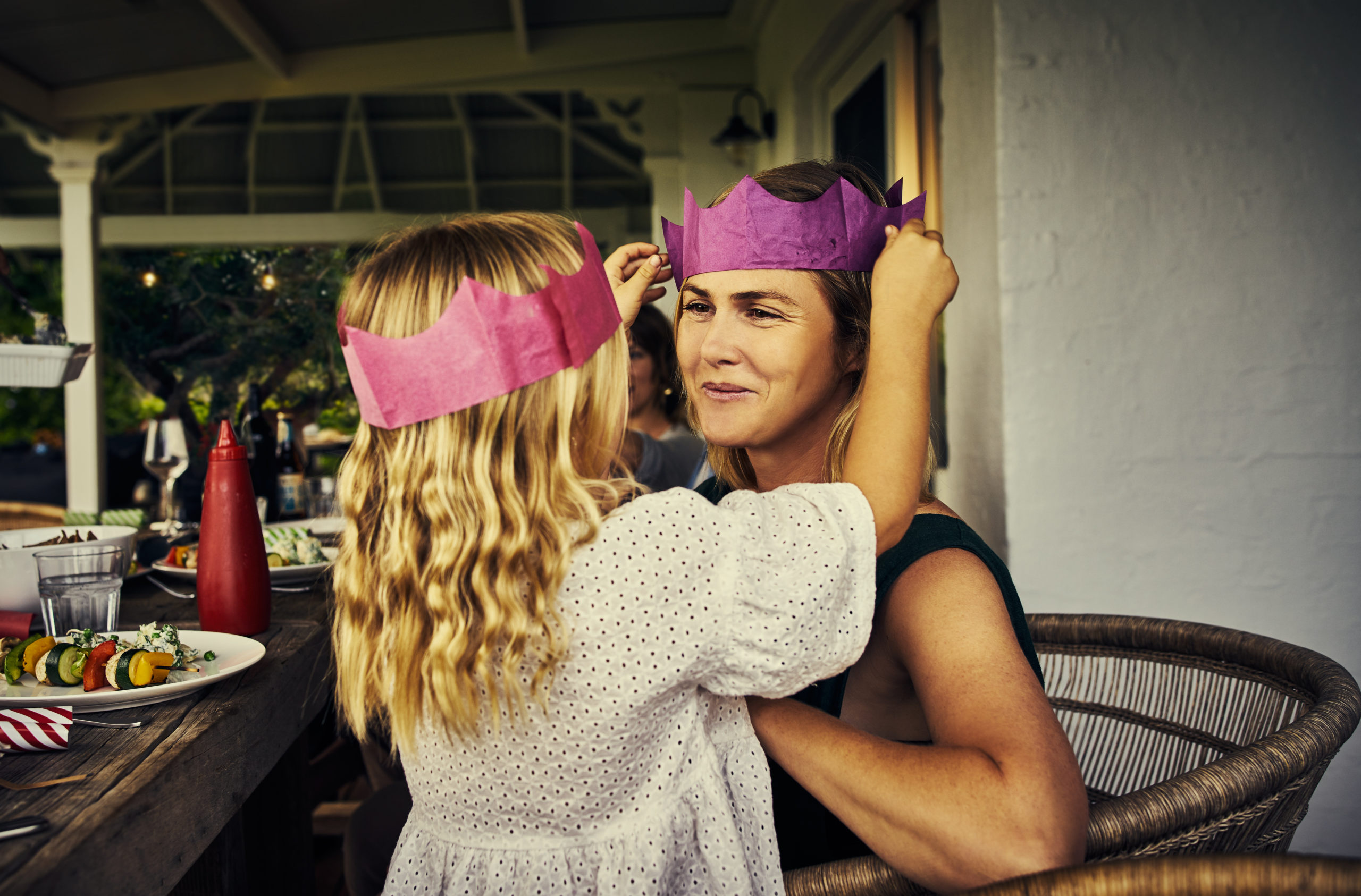Mental Health and the Holiday Season
It’s that time of the year when positive and negative emotions tend to get heightened. The lead-up to Christmas and the general holiday season can be both exciting and terrifying.
Let’s acknowledge the start of the 2020s has been tough for everyone and as much as connecting and reconnecting has been increasing in 2022; most of us have been left exhausted. This may be the year you can finally see family members and for others, loneliness may be hitting a peak. Being aware that although this “season” is an opportunity for connection with family and friends and supports us to take stock of what is really important we should be considerate that this “season” is not festive for everyone.
Whilst there is a plethora of info on what you should do during the holiday season to support self-care and look after yourself and ultimately enjoy it as much as possible here are (my/our) key tips to help you survive and thrive in the coming weeks:
1. Foster traditions and rituals
If you are fortunate enough to have good childhood memories, reflect on what it was you enjoyed and what you did on a regular enough basis to be considered a tradition – ham and cheese croissants for Xmas breakfast is one I have maintained. PJ’s until lunchtime, eating chocolate for breakfast, carol singing, swimming at the beach etc. Traditions help us know what to expect and they are anchoring and provide stability which helps during any emotional times. They also give us something familiar to look forward to. If you cannot recount any historic traditions; now is the time to create them and they don’t need to be complicated. If you have children this is what will aid them to connect with you as they grow and will contribute to a sense of familiarity, connection, and ultimately joy. If traditions are new for you this can offer a chance to create a new script and find something more positive to associate with the holiday season.
2. Don’t abandon all healthy habits
On top of all the emotion at this time of the year, you don’t need to add in guilt. Consider what habits support your well-being and make space to continue these even if in a reduced capacity. Three glasses of water on waking is sometimes all I manage but it is better than nothing. Consider how you can factor in exercise, meditation, self-nurturing, rest, and relaxation even if this means you need to say no. This leads me to the next point.
3. It’s OK to say no
Depending on how you look at it, the holiday season is, unfortunately, or fortunately short-lived. It is therefore impossible to do everything and be all things to all people. If you don’t have time or simply don’t want to – just say NO! You may want to consider what people are most important for you to catch up and connect with and who can wait. What activities you want to attend because of their enjoyment factor vs what you are considering due to a sense of obligation or duty? Only commit to what you can manage and then prioritise your healthy habits and be confident declining everything else.

4. Consider you and your loved ones’ sensory needs
The lead-up to Christmas is stimulating – lights, noise, smells, an abundance of foods/drinks, busyness/rushing and don’t forget the people. Many people have sensitivities to any and all of these sensory things and exposure can at best create fatigue and at worst create some extreme behaviour. Consider your sensory needs. You may need breaks away from all the stimulation, these are often required at various times throughout the day such as retreating into the quiet of nature, a cosy/familiar bedroom, or the closeness of a loved one or you may need to factor in days to address your sensory needs. Planning is a helpful strategy here. You could shop online, avoid rush periods, keep cosy safe spaces available and be mindful that we all have different sensory needs so what one craves another may detest.
5. Ditch the guilt
Lastly; the holiday season is supposed to be fun and provide positive emotions. That is contradictory to the guilt many of us carry. If you do indulge – enjoy it, really enjoy it and appreciate all of it and really experience it, savour it and store it in the memory bank. Being fully engaged and feeling satisfied as a result will actually make you feel less inclined to repeat the behaviour again the following minute/hour/day. If you can’t achieve all that you committed to acknowledging what you did achieve you could perhaps resolve to commit to less next time. Given you are reading this post (I/we) will assume you are human and this fundamentally makes you fallible as a result, it is part of our human condition to get it wrong sometimes. Ask yourself if feeling guilty is helpful, if the answer is no try to park it and get back to enjoying the holidays.
About the author
Joanne Mainsbridge is the Psychosocial Clinical Lead at KEO. Jo started her career as an OT in mental health over 20 years ago. Jo has worked in various roles across Australia, NZ and the UK, including inpatient and community mental health roles, occupational rehabilitation and occupational health.
She has various special interest areas including trauma, substance use and ethics in healthcare, and has always been passionate about psychosocial disability, working in a client-centred manner and promoting recovery.
In her role as Psychosocial Clinical Lead at KEO, Jo’s priority is ensuring the team feels psychologically safe and empowered to support their participants to achieve their goals, whilst supporting them in their professional development and growth.
